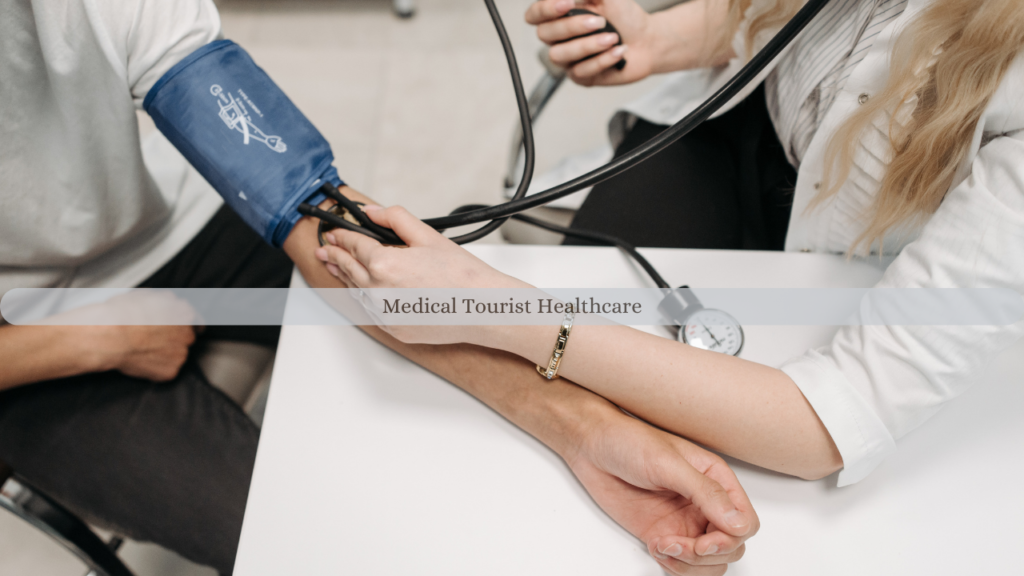
Mali, a landlocked country in West Africa, faces significant healthcare challenges exacerbated by poverty, conflict, and inadequate infrastructure. Despite these obstacles, innovative approaches are emerging to address these issues, showcasing the resilience and creativity of Mali’s healthcare system.
Major Healthcare Challenges
One of the primary challenges in Mali is the high prevalence of communicable diseases. Malaria, tuberculosis, and HIV/AIDS remain endemic, heavily burdening the healthcare system. According to the World Health Organization (WHO), malaria is a leading cause of morbidity and mortality, especially among children under five and pregnant women. The limited access to preventive measures, such as insecticide-treated nets and antiretroviral therapy, further compounds these health risks.
In addition to communicable diseases, Mali faces a rising incidence of non-communicable diseases (NCDs), including diabetes and hypertension. The WHO estimates that NCDs could become the leading cause of death in the coming years, stressing the urgent need for healthcare infrastructure to adapt to this shifting health landscape.
Another significant hurdle is the shortage of healthcare professionals. With only a few doctors per 100,000 people, the country grapples with a severe lack of trained personnel. Rural areas are particularly affected, as many healthcare workers prefer to work in urban centers, leaving rural populations underserved. This disparity in healthcare access contributes to poor health outcomes and higher mortality rates, particularly among vulnerable populations.
Innovations in Healthcare Delivery
Despite these challenges, Mali’s healthcare landscape is witnessing innovative solutions aimed at improving health outcomes. One noteworthy initiative is the implementation of community health programs that train local volunteers as community health workers (CHWs). These individuals play a crucial role in promoting health education, providing basic healthcare services, and facilitating access to essential medicines. By leveraging local resources and knowledge, these programs have significantly improved maternal and child health outcomes.
Telemedicine is another emerging innovation in Mali’s healthcare system. Given the vast geographical barriers and limited healthcare facilities, telemedicine provides a valuable solution for connecting patients in remote areas with healthcare professionals. Mobile health applications allow for consultations, health education, and follow-up care, thus reducing the burden on physical healthcare facilities. This approach is particularly beneficial in rural areas, where access to specialized care is often limited.
Partnerships between the government and non-governmental organizations (NGOs) have also fostered innovation in healthcare delivery. Organizations like Partners in Health and the Malian Ministry of Health have collaborated to strengthen healthcare infrastructure, improve disease surveillance, and enhance the availability of essential medicines. These partnerships focus on community-driven approaches, ensuring that interventions are culturally relevant and sustainable.
The Path Forward
While Mali’s healthcare system faces formidable challenges, the ongoing innovations and commitment to improving health outcomes offer hope for a healthier future. The integration of traditional and modern medical practices, the empowerment of local communities, and the embrace of technology represent a path forward for addressing the healthcare needs of the population.
Investing in education and training for healthcare professionals, enhancing the supply chain for medical supplies, and expanding access to preventive care are essential steps to strengthen the healthcare system. Moreover, continued support for community health initiatives and the adoption of telemedicine can bridge the gap in healthcare access and improve overall health outcomes.
In conclusion, Mali’s healthcare landscape is characterized by significant challenges and promising innovations. By addressing these obstacles through community involvement and leveraging technology, Mali can move toward a more equitable and effective healthcare system, ultimately improving the health and well-being of its citizens.